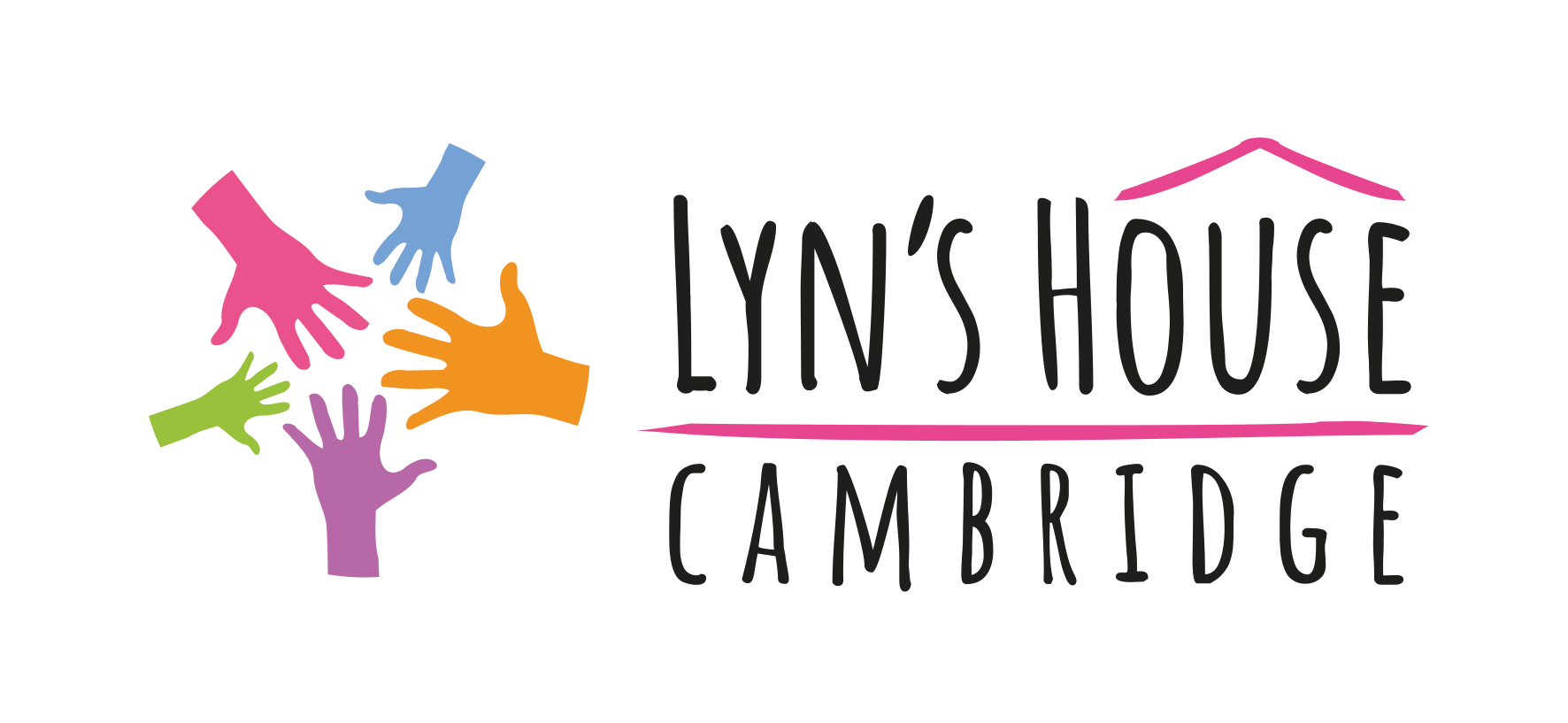
‘Growing in Friendship‘
Researching and widening the impact of mixed-ability communities of friendship for Christian faith, human life and social change.
People who belong to Lyn’s House, and people who support us, often say how important it is that communities like this exist, and even that it has been life-changing for them. But they often struggle to say why.
The Trustees of Lyn’s House want to help the Lyn’s House community to explore and reflect on who we are, why Lyn’s House matters, and what we experience and discover by being together – about ourselves and each other, about belonging, about what really matters, and about God.
So in November 2023 we began ‘Growing in Friendship’, a funded project in collaboration with the Centre for Spirituality, Health and Disability in Aberdeen University, with the project leader based in Cambridge.
Members of the Lyn’s House community will be participants in the research, not objects of it! Asking the kinds of questions we want to explore will mean finding ways to do that which work for everyone in a community like ours. So we won’t just use talking, writing and abstract ideas. Art, music, drama, photography and film will also help us explore and express what Lyn’s House means to us.
And we’ll take plenty of time, because one of the things we know about life together is the importance of not rushing and that some of the most worthwhile things – like friendship, and growing together – need time.
We also want to help other groups of people to share some of what we learn through doing all of that. So we’ll find academic and non-academic ways to communicate what we find. And we’re already talking to other groups and organisations about how we might help enrich their lives and learning.
Potential outcomes
- Resources to help churches grow in confidence and understanding to be places where people with intellectual disabilities belong
- Discipleship and faith-development materials for use by groups of people with varying intellectual abilities
- Learning resources and validated awards for mixed-ability cohorts in theological education, so people training for lay and ordained ministries can choose pathways alongside people with intellectual disabilities
- Support for the founding of new communities like Lyn’s House, particularly in university settings
- Academic and non-academic publications
